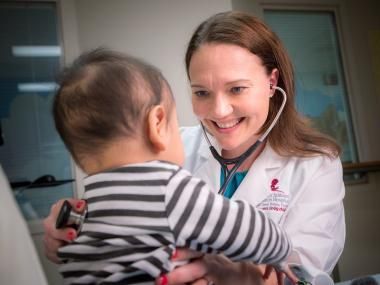Antisoma's AS1413 regimen yields high response rate and durable responses in patients with secondary AML
Antisoma plc announced that positive final data from a phase II trial of AS1413 in patients with secondary acute myeloid leukaemia (secondary AML) were presented at the American Society of hematology (ASH) meeting in New Orleans. Follow-up of patients has now been completed, and full results are available.
Eighty-eight patients with secondary AML received the novel DNA intercalator AS1413 together with cytarabine as first-line (remission-induction) therapy. The remission rate was 42%, with 39% of patients achieving a complete remission and 3% a complete remission with incomplete bone marrow recovery. The median duration of remission was 9.4 months, and 30% of those who achieved remission were still alive 2 years after treatment. Clinical benefit was maintained in older patients, with patients over 60 achieving remission rates and remission durations similar to those of patients under 60. Median survival for all patients was 6.6 months. The safety profile of the regimen was manageable and acceptable, and consistent with that expected for AML remission-induction therapy
Dr Harry P. Erba, Associate Professor of Internal Medicine at the University of Michigan Health System, Principal Investigator in the trial, and presenter of the data at ASH, said: "The phase II study of AS1413 in secondary AML has produced encouraging data, with a 42% remission rate and a significant fraction of durable responses in this very poor-risk population. Based on these promising findings, a large, randomised phase III trial is evaluating AS1413 in patients with secondary AML."
Organizations
Other news from the department research and development

Get the life science industry in your inbox
By submitting this form you agree that LUMITOS AG will send you the newsletter(s) selected above by email. Your data will not be passed on to third parties. Your data will be stored and processed in accordance with our data protection regulations. LUMITOS may contact you by email for the purpose of advertising or market and opinion surveys. You can revoke your consent at any time without giving reasons to LUMITOS AG, Ernst-Augustin-Str. 2, 12489 Berlin, Germany or by e-mail at revoke@lumitos.com with effect for the future. In addition, each email contains a link to unsubscribe from the corresponding newsletter.
























































